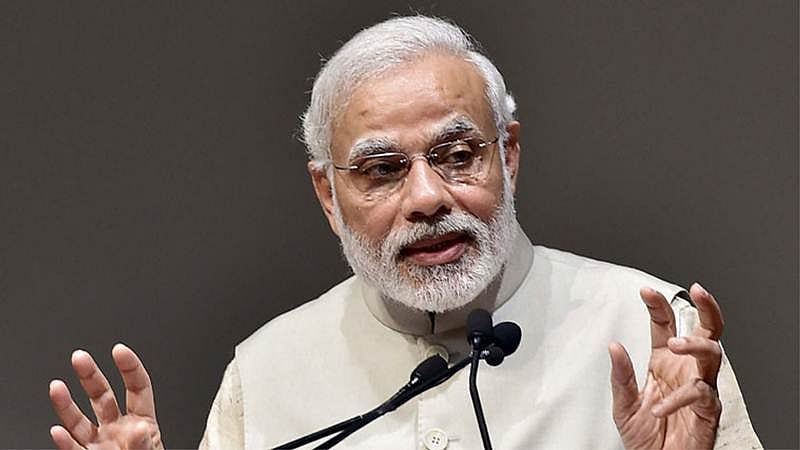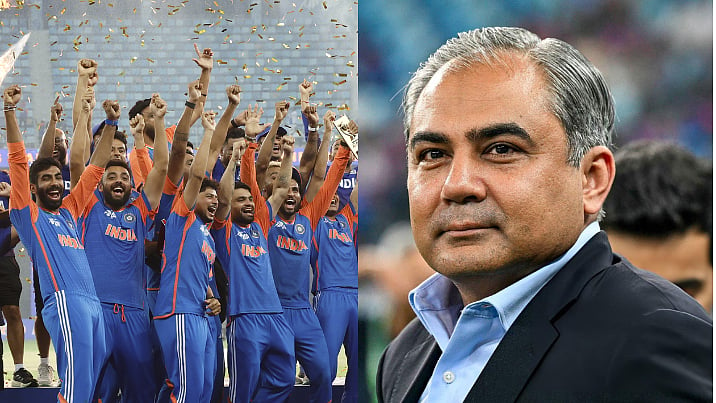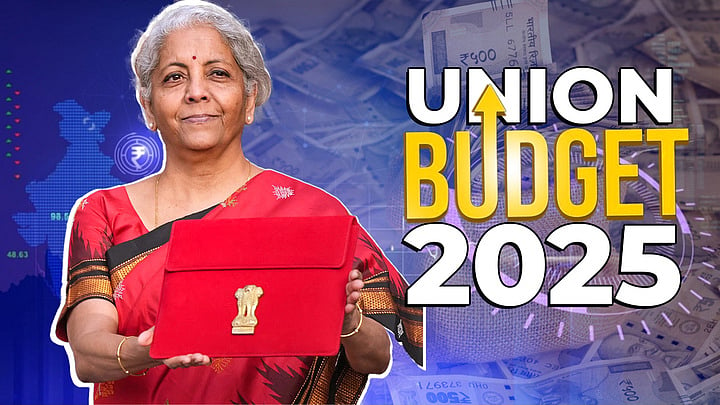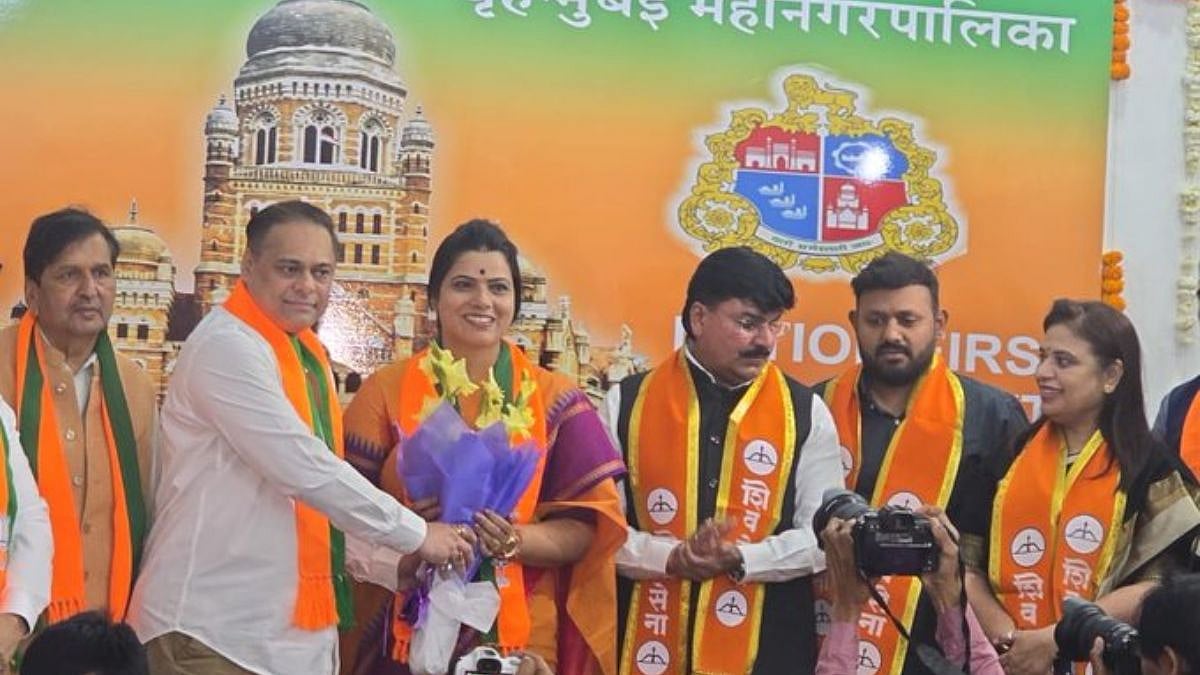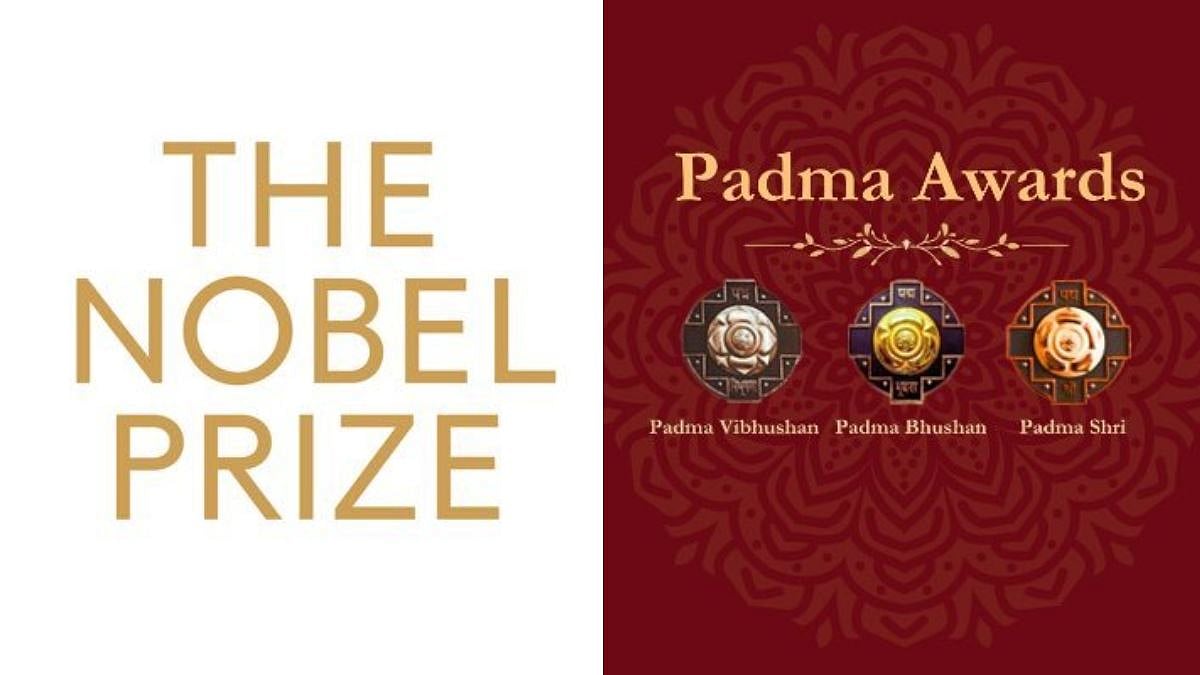The last two and half years have seen a marked reluctance on prime minister Modi’s part to drive home this parliamentary advantage. On the floor of the house, more time has been spent on explaining as to why he should not speak than the time he has spent speaking. Nowhere was the reluctance more forthcoming than in the non-debate on demonetisation, where his intervention could have easily silenced all criticism.
Massive popular mandates have their own problems. These are driven by macho leaders who are supposed to deliver on their great expectations by the sheer force of their magical persona. At least when it came to India and Pakistan, there was a genuine hope that Prime Minister Narendra Modi would deliver something magical that had eluded his predecessors. Whoever expected that India, Pakistan bilateral relationship would be the pits under his watch? But here we are, we have not talked for months and we sent back Sartaj Aziz from Amritsar measuring the distance of his walk with NSA Ajit Doval as a barometer of the warmth of our bilateral ties. It does not require much diplomatic punditry to assert that Islamabad and New Delhi cannot profit from such petulance and sooner rather than later have to show much better practical sense. There is no other way.
Indo-Pak diplomacy is actually an extension of domestic politics and this is the reason we often find that the ruling party leaders have this tendency to recommend that those who do not agree with them on issues related to nationalism be despatched to Pakistan. The official endorsement of the ruling party’s policy came when the party president Amit Shah recommended this recipe for those who did not vote for the party in the Bihar state assembly elections. The concept of Pakistan as some kind of ‘kala pani’ or punishment posting seems to be an integral part of the BJP’s political mindset. Can this attitude ever lead to good relations with Pakistan? Prime Minister Modi has to answer this through words and deeds. Having finished half his first term, he does not have much time on his hands. The whole world is waiting for him.
But it is not just in India-Pakistan diplomacy that Modi has disappointed in first two and half years. As a hand on chief minister with almost 12 years of on the job experience, Modi was expected to bring in a wealth of governance talent on Raisina Hills that would change the way India is administered. He did show sparks of such brilliance in his early days when he notched up personal equations with global leaders like President Obama and the Japanese leadership. He did work the foreign relations matrix with a lot of energy but found himself bogged down against Chinese recalcitrance on issues like getting Masood Azhar designated as a terrorist in the United Nations or moving past Beijing’s objections to attain full membership of the nuclear suppliers’ group. On second thoughts, what practical purpose would be served if UN designates Azhar as a terrorist? Will he stop his evil designs against us? Will Islamabad hand him over to us? No. Same is with the NSG membership, it matters little as long as our n-commerce continues unhindered. So, these are strategic flaws that keep giving us the bad vibes, while we expend considerably diplomatic energy huffing and puffing from one global capital to another.
With a near brute majority in the Lok Sabha, the parliament should have been his most favourite playground. Given his unmatched oratory, he should have been toying with the opposition on the floor of the house. But we have seen none of these fireworks. A large part of the charm Prime Minister Atal Bihari Vajpayee exercised over the national psyche lay in the disarming manner with which he handled his critics in the parliament. Even otherwise, BJP leaders have been better parliamentarians. But the last two and half years have seen a marked reluctance on prime minister Modi’s part to drive home this parliamentary advantage. On the floor of the house, more time has been spent on explaining as to why he should not speak than the time he has spent speaking. Nowhere was the reluctance more forthcoming than in the non-debate on demonetisation, where his intervention could have easily silenced all criticism.
Now these are areas where the people are concerned with the Prime Minister’s performance. But at the same time he has reasons to be satisfied with himself. He continues to be the lord and master of all that he surveys. The combined opposition is nowhere near challenging his authority, and if reports are to be believed, he does not have even the tokenism of democratic opposition to stand up to him in his cabinet. Such authoritarian power can be dangerously addictive. All this flows from the perception that his popularity with the masses is undiminished, and even when he takes a painful decision like withdrawing 86 percent of the currency in circulation from a cash driven economy, the people are with him. Right now he is on top in so far as people of India are concerned. He is capable of delivering the votes where needed. For the BJP-RSS right now this is the bottom line that matters.
But then the third year in the tenure of an Indian Prime Minister is a time when the events start playing tricks with his leadership. It happened with Indira Gandhi who had a robust majority in 1974, and it happened with Rajiv Gandhi in 1987 who had 400 plus seats in the Lok Sabha. They could not survive their tenures. By comparison, Modi hardly looks vulnerable. Even the round of state assembly elections in 2017 is tilted in his favour as he would have to do spectacularly badly as compared to 2014 to lose this round.
Even if the unthinkable should happen, Modi is so well-entrenched in the party that he would weather the storm easily. If there is one thing that he has achieved in the past two and half years, then it is the complete subservience of the party to his needs. This should see him smothering all internal challenges. The collective leadership paradigm of the BJP has yielded to the two man structure with the blessings of the RSS. The wisemen of Nagpur have not seen any reason to tinker with an apparatus that is delivering.
